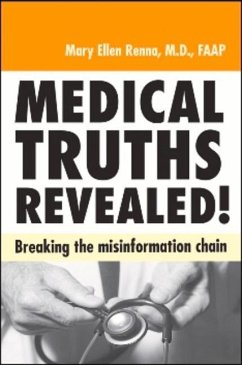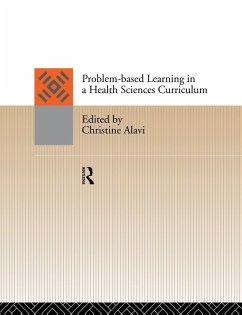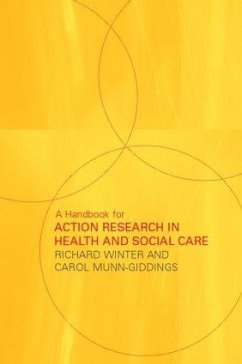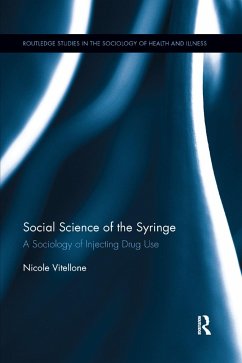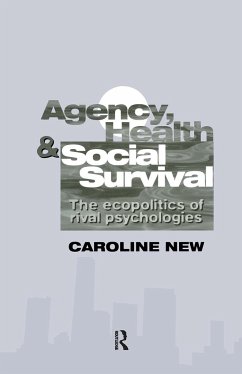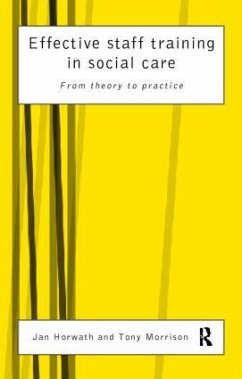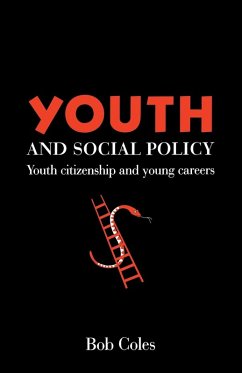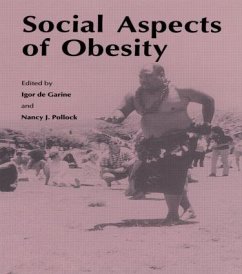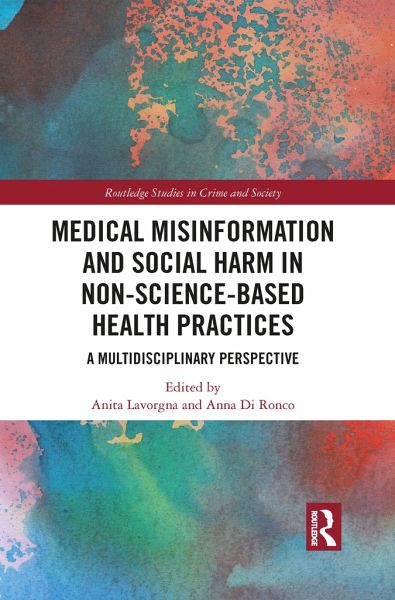
Medical Misinformation and Social Harm in Non-Science Based Health Practices
A Multidisciplinary Perspective
Herausgeber: Lavorgna, Anita; Di Ronco, Anna
Versandkostenfrei!
Versandfertig in 1-2 Wochen
55,99 €
inkl. MwSt.
Weitere Ausgaben:

PAYBACK Punkte
28 °P sammeln!
This book brings together perspectives from critical criminology, sociology, health studies and law to provide a critical analysis of non-science-based health approaches and practices, and explores the challenges, implications and potential remedies to the spread of dangerous fraudulent information.





